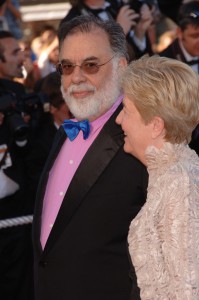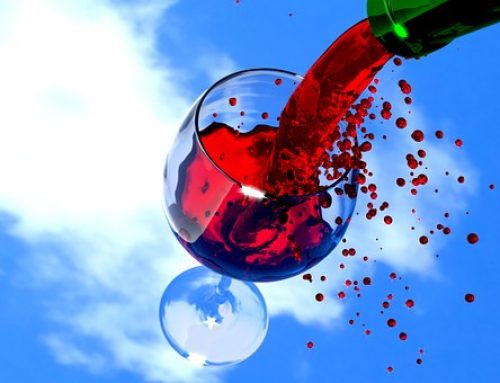This year marks the 10th anniversary of Charles Shaw, better known as Two-buck Chuck, which made its debut in a Trader Joe’s store 2002.
What impact has this $2 bottling had on our wine-drinking culture over the past decade? According to Franzia, the vintner behind the brand, it has made the wine snob think twice.
“We have won the battle with snobs and other elites who didn’t believe we could provide excellent wines at an inexpensive price. This changed the wine culture in the U.S. … we are also on the radar in many wine-drinking cultures and we get calls from all over the world asking if we can provide Charles Shaw-quality wines.”
Asked if there is any concrete evidence of Two-buck Chuck’s impact, Franzia said: “Well, the number of cases sold make the point. (To date, 600 million cases.) But surveys have shown that we increased the total wine market by 5% and we certainly also increased the visibility of quality, extra-value wine.”
The surveys Franzia speaks of appear to be internal, commissioned by Bronco Wine Company in Ceres, California, because nothing I’ve researched has indicated that Two-buck Chuck has increased the total wine market by 5 percent. But as for increasing visibility, Franzia is spot on.
Two-buck Chuck made quite a splash when it was first on the shelves. Wine that virtually everyone could afford had arrived.
Here’s the back story. Charles Shaw, a Stanford business school graduate bought a Napa Winery with his wife Lucy in 1974 and they began to produce Charles Shaw Beaujolais. The couple divorced in 1991, but the brand had a good reputation so Bronco snapped it up and revived it in 2002 to sell through the Trader Joe’s chain of grocery stores in the U.S.
An out and out success story? Not exactly. Some have complained over the years that the wine is inconsistent because it’s largely dependent on the fluctuations of the bulk market. Franzia’s response to this complaint?
“We have some of the best winemakers in the business. You know that peoples’ palates vary depending on circumstances, and of course vintages differ. But for every year and variety we get a dozen plaudits for every knock … that’s a good record in this business.”
Asked what measures he takes to ensure quality, Franzia answered: “Again, that’s our winemakers’ job, and they’ve done it very, very well.”
That answer wouldn’t cut it with most winemakers who insist that wine is made in the vineyard and largely dependent on quality grapes.
But it’s not the first time Franzia has said something puzzling. One of the most controversial statements Franzia has ever made was that no wine should ever be priced above $10.
Asked if he still feels this way, Franzia said: “Yes, because we want wine on every American’s table and it doesn’t need to cost more than $10 to be placed on tables everywhere.”
Does Franzia consider himself a controversial figure? “Controversial to some, but simply a good businessman to most.”




